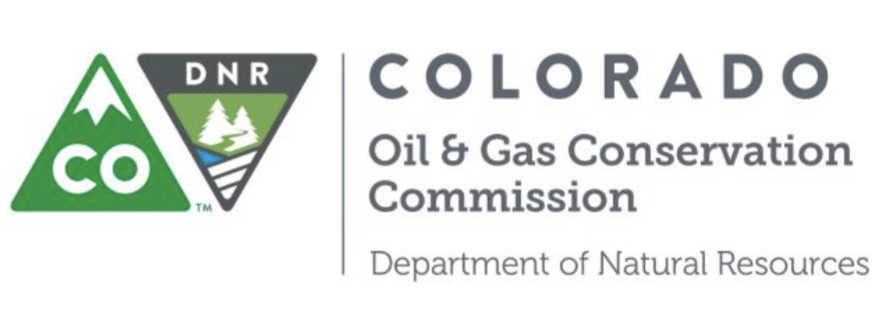Colorado Residents Sue State, Saying Oil and Gas Rules Weren’t Enforced

DENVER (AP) – Residents of a Greeley neighborhood sued the state of Colorado Friday, saying oil and gas regulators did not do enough to protect them from the disruption and danger of a big energy facility planned near their homes.
The lawsuit in Denver District Court is believed to be the first court test of new Colorado rules intended to ease conflicts that erupt when lucrative oil and gas fields overlap with growing cities. The suit says the Colorado Oil and Gas Conservation Commission, which regulates the industry, didn’t enforce the rules.
At issue is a plan by Extraction Oil and Gas to drill 22 wells and install about two dozen tanks in a west Greeley pasture surrounded by homes, some as close as 1,000 feet. Neighbors say the project, known as Triple Creek, will generate round-the-clock truck traffic, expose them to risk from fumes and spills and hurt their property values.
The Oil and Gas Conservation Commission approved the company’s plans last month and construction is underway. Extraction Oil and Gas is not a defendant in the suit.
The commission had no comment on the lawsuit, spokesman Todd Hartman said.
Brian Cain, a spokesman for Extraction, said the company is using a number of high-end technologies at the site, including quieter electric drilling rigs and systems to capture vapors.
One of the residents who filed the suit, Lowell Lewis, said he and his neighbors know they cannot block the project, but they want state regulators to require more precautions to make it safer and less disruptive.
They want Extraction to build a pipeline to ship the oil away from the site, instead of storing it in tanks near the wells and then hauling it away in heavy tanker trucks, as the current plan allows.
The trucks will use a road about 50 feet from the bedroom window of one resident, 60-year-old Dawn Stein, Lewis said. The lawsuit estimates that trucks will make more than 100,000 trips on the road over a 27.5-year period.
A pipeline would minimize truck traffic and reduce the danger of spills and air pollution when the oil is transferred from stationary storage tanks to trucks, Lewis said.
Cain said the site will eventually have a pipeline to carry the oil. He said the first six wells will have tanks, but a pipeline will be needed for the other 16.
The lawsuit says that under rules the oil and gas commission adopted in January, Extraction Oil and Gas should have been required to do a more thorough review of pipelines or other technology to reduce the disruption to neighbors. The lawsuit also says the rules required Extraction to conduct a more extensive review than was done of alternative sites.
The commission adopted those regulations after a long rule-making process launched three years ago by Gov. John Hickenlooper – a Democrat and former petroleum engineer who is seen as generally friendly toward the oil and gas industry.
Hickenlooper wanted to address tensions that arise frequently in Colorado, where fast-growing cities and drilling rigs often expand into the same areas at almost the same time.
The governor established a task force to recommend new rules to the Oil and Gas Conservation Commission. The recommendations and rules fell far short of what many environmental groups and local governments wanted, but they did include guidelines for large oil and gas projects in urban areas, such as the one in Lewis’ neighborhood.
“What’s the point in writing these rules in the first place if you’re not going to follow them?” said Lewis, whose home is within 1,500 feet of the planned site.
“We want to hold Gov. Hickenlooper accountable for the actions of the (oil and gas commission). We are asking them to implement the letter and the intent of his oil and gas task force,” he said.
Lewis said the outcome of the Greeley project is important because it will set a precedent for other big developments in residential areas.
Related News
Related News

- Keystone Oil Pipeline Resumes Operations After Temporary Shutdown
- Biden Administration Buys Oil for Emergency Reserve Above Target Price
- Enbridge to Invest $500 Million in Pipeline Assets, Including Expansion of 850-Mile Gray Oak Pipeline
- Williams Delays Louisiana Pipeline Project Amid Dispute with Competitor Energy Transfer
- MEG Energy Confirms Trans Mountain Pipeline Expansion to Begin Line Fill in April
- Evacuation Technologies to Reduce Methane Releases During Pigging
- Editor’s Notebook: Nord Stream’s $20 Billion Question
- Enbridge Receives Approval to Begin Service on Louisiana Venice Gas Pipeline Project
- Russian LNG Unfazed By U.S. Sanctions
- Biden Administration Buys Oil for Emergency Reserve Above Target Price




Comments